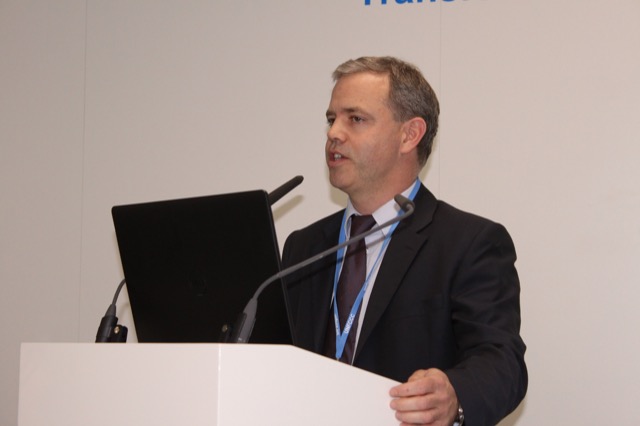
14:15 - 15:30
| Event title | Renewable Energy Solutions for Forest Conservation and REDD+ |
|---|---|
| Contents | As Paris Agreement enacted in 2016, many forested developing countries are now preparing for Nationally Determined Contributions (NDCs) including REDD+. It is reported that about 80 % of source of energy is from wooden biomas in Sub Sahara Africa. It is one of the largest causes of deforestation and source of GHG emission in the area. Rapid deforestation impacts on biodiversity and ecosystem, in-house cooking with wood fuel often causes respiratory diseases, and collection of firewood at farther areas intensifies labour of women and children and that deteriorate the quality of livelihood and environment in rural communities. This side event will present and discuss on how technologies which JIRCAS researchers developed to produce bioenergy from agricultural residues can contribute to challenge the issues. Also, projects which introduce fuel efficient stoves and biogas in rural Africa, compatible industrial bioenergy and rural development including e-banking, biodiversity conservation as well as GIS analysis of renewable energy solutions, sustainable bioenergy production from mangrove forests and projects for REDD+ will be presented by government, development agency, NGO and private sector. |
| Keywords | 再生可能エネルギー、REDD+、バイオエネルギー、森林保全、生物多様性保全 |
| Speakers Name and Title |
|
| Organiser / Co-organiser |
|
Opening remarks
Importance of Sustainability of Bioenergy and Renewable Energy Solutions
Panel 1
Renewable Energy Options and Reducing Emissions from Deforestation and Forest Degradation (REDD+) Using Geoinfo - Mozambique Case Study
Panel 2
Project for REDD+ Readiness and forest rehabilitation in Togo
Panel 3
Various Biogas & Cook stove options booming in Ghana
Panel 4
Community based Jatropha energy project & electric money system in Northern Mozambique
Panel 5
Sustainable mangrove forest management for sustainability of bioenergy
Panel 6
R&D bio-residue to energy development
This side event was opened with a statement made by Mr. Michael Taylor by sharing the notion of how big the number of people who rely primarily on wood biomass energy and the demand is upward trend in line with global population growth and it causes serious forest loss, that makes local environment and people’s lives difficult. He is also mentioned that forests are, as so clearly stated in the Paris Agreement, playing an important role as sinks and reservoirs of GHG for the global challenge to combat climate change and IRENA wants to extend their supports for REDD+ countries with renewable energy solutions. Mr. Joaquim Macuacua, Ministry of Land, Environment and Rural Development of Mozambique presented how renewable energy can save the forests by GIS based analysis in Mozambique. Mr. Moussa Samarou, Ministry of the Environment and Forest Resources in Togo introduced about REDD+ project with a support of GIZ in Togo. Mr. Lovans OWUSU-TAKYI, Institute for Sustainable Energy and Environmental Solutions presented how well fuel-efficient stoves and biogas in rural Africa are being promoted recently by his NGO in Ghana. Mr. Makoto Goda, Nippon Biofuel Diesel Co. Ltd. presented about information platform for everyone as his company-s efforts and achievement of community based Jatropha biodiesel production with a fence planting and extended supports to electric money system which is useful for both community members as well as service providers in Northern Mozambique. Mr. Fairus Mulia, The Association of Indonesian Forest Concessionaires shared his Forest Stewardship Council (FSC) certified company’s sustainable mangrove charcoal production which includes contribution to biodiversity conservation and rural development. At the end, Dr. Yasuko Inoue, IRENA/JIRCAS presented about the role of Research and Development which enable bioenergy production technology development without causing negative impacts on forests and people’s livelihood. She also presented about the recent research outcome of JIRCAS and partner institutions such as Nigeria University and IHI and indicated about the importance of the government, private sector, NGO and research institute’s effective collaboration.
Yasuko Inoue, Japan International Research Center for Agricultural Sciences


Copyright Ministry of the Environment Government of Japan. All rights reserved